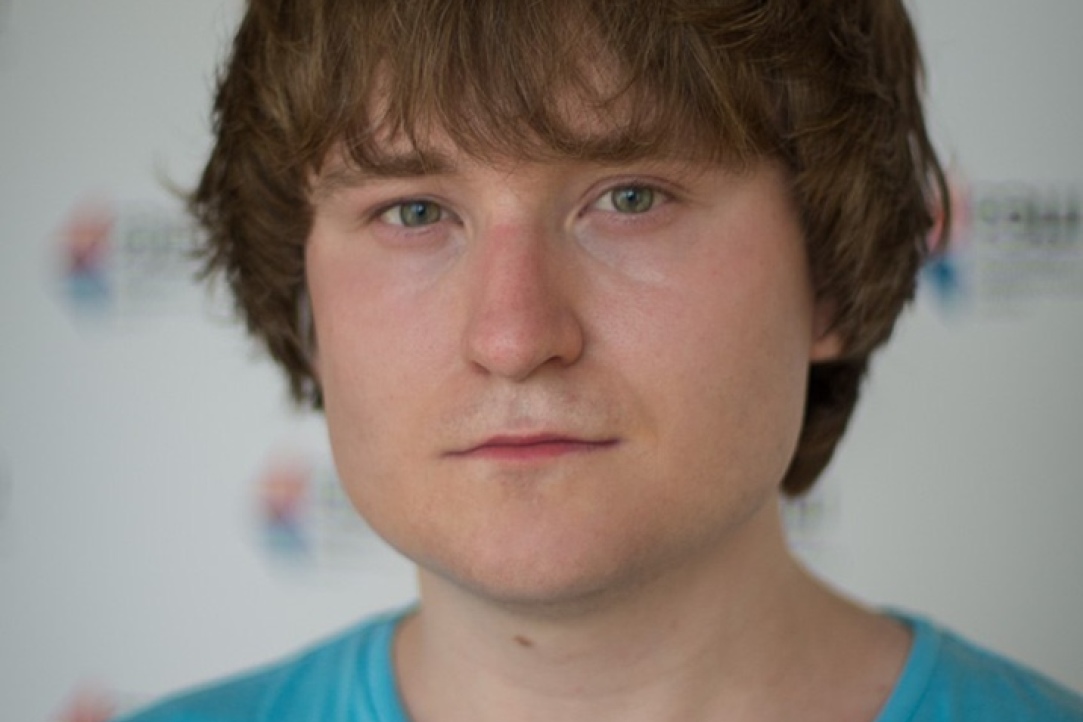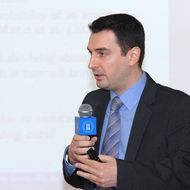- A
- A
- A
- ABC
- ABC
- ABC
- А
- А
- А
- А
- А
- HSE University
- Faculty of Economic Sciences
- Department of Theoretical Economics
- News
- Paper of Aleksei Smirnov in American Economic Journal: Microeconomics
-
Department
109028, Moscow,
Pokrovsky Boulevard 11, Rooms: S1029, S1030
Phone: +7 (495) 772-95-90*27172, 27174, 27601, 28270
The Department of Theoretical Economics brings together highly qualified specialists in various fields of economics, including micro and macroeconomics, monetary and financial theory, economic history and the history of economic thought. Our mission is to teach economic disciplines at HSE on the level of leading Western universities.
Tarasova K., Gracheva D., Talov D. et al.
Studies in Higher Education. 2025. No. 1. P. 1-16.
In bk.: Human-Centric Decision and Negotiation Support for Societal Transitions: 24th International Conference on Group Decision and Negotiation, GDN 2024, Porto, Portugal, June 3–5, 2024, Proceedings. Cham: Springer, 2024. P. 102-113.
Andreyanov P., Krasikov I., Suzdaltsev A.
arxiv.org. Theoretical Economics. Cornell University, 2024
109028, Moscow,
Pokrovsky Boulevard 11, Rooms: S1029, S1030
Phone: +7 (495) 772-95-90*27172, 27174, 27601, 28270

Paper of Aleksei Smirnov in American Economic Journal: Microeconomics

Below is a short summary of the paper:
Sellers often have the power to censor the reviews of their products. We explore the effect of these censorship policies in markets where some consumers are unaware of possible censorship. We find that if the share of such "naive" consumers is not too large, then rational consumers treat any bad review that is revealed in equilibrium as good news about product quality. This makes bad reviews worth revealing and allows the seller to use them to signal his product's quality to rational consumers.
- About
- About
- Key Figures & Facts
- Sustainability at HSE University
- Faculties & Departments
- International Partnerships
- Faculty & Staff
- HSE Buildings
- Public Enquiries
- Studies
- Admissions
- Programme Catalogue
- Undergraduate
- Graduate
- Exchange Programmes
- Summer Schools
- Semester in Moscow
- Business Internship
-
https://elearning.hse.ru/en/mooc/
Massive Open Online Courses
-
https://www.hse.ru/en/visual/
HSE Site for the Visually Impaired
-
http://5top100.com/
Russian Academic Excellence Project 5-100
- © HSE University 1993–2025 Contacts Copyright Privacy Policy Site Map
- Edit






